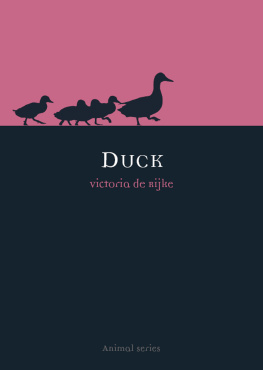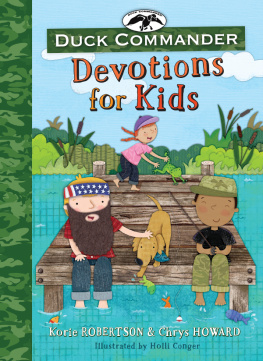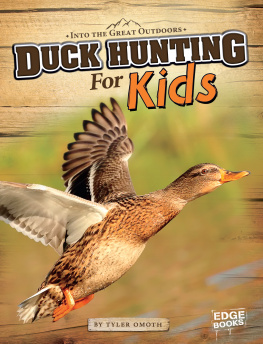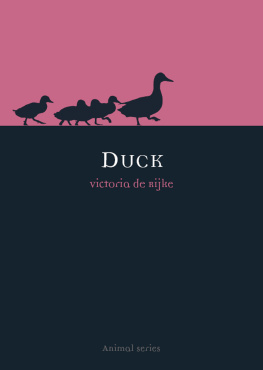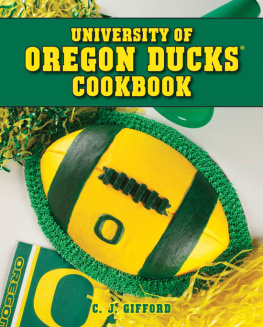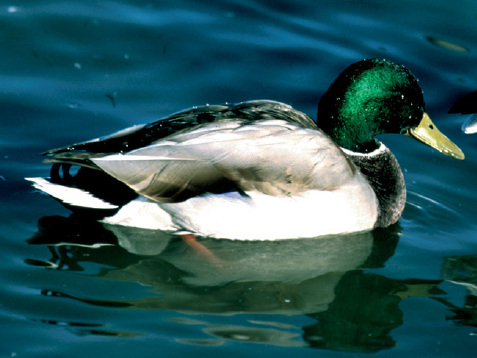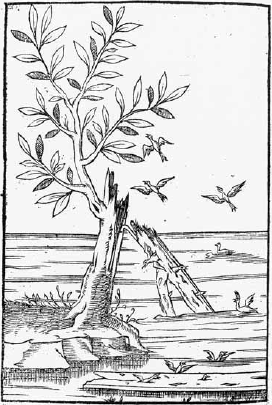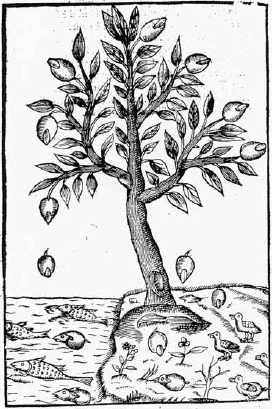Victoria de Rijke - Duck
Here you can read online Victoria de Rijke - Duck full text of the book (entire story) in english for free. Download pdf and epub, get meaning, cover and reviews about this ebook. year: 2008, publisher: Reaktion Books, genre: Home and family. Description of the work, (preface) as well as reviews are available. Best literature library LitArk.com created for fans of good reading and offers a wide selection of genres:
Romance novel
Science fiction
Adventure
Detective
Science
History
Home and family
Prose
Art
Politics
Computer
Non-fiction
Religion
Business
Children
Humor
Choose a favorite category and find really read worthwhile books. Enjoy immersion in the world of imagination, feel the emotions of the characters or learn something new for yourself, make an fascinating discovery.
- Book:Duck
- Author:
- Publisher:Reaktion Books
- Genre:
- Year:2008
- Rating:3 / 5
- Favourites:Add to favourites
- Your mark:
Duck: summary, description and annotation
We offer to read an annotation, description, summary or preface (depends on what the author of the book "Duck" wrote himself). If you haven't found the necessary information about the book — write in the comments, we will try to find it.
The squat, noisy duck occupies a prominent role in the human cultural imagination, as evidenced by everything from the rubber duck of childhood baths to the flying ducks on living room walls. With Duck, Victoria de Rijke explores the universality of this quacking bird through the course of human culture and history.From the Eider duck to the Brazilian teal to the familiar mallard, duck species are richly diverse, and de Rijke offers a comprehensive overview of their evolutionary history. She explores the numerous roles that the duck plays in literature, art, and religion including the Hebrew belief that ducks represent immortality, and the Finnish myth that the universe was hatched from a ducks egg. This book also highlights the significant role humour has always played in human imaginings of duck life, such as the Topographia Hibernia, a twelfth-century tome contending that ducks originated as growths on tree trunks washed up on a beach. But we also learn about the birds role in everyday life as well, from food dishes to jokes to beloved animated characters such as Daffy Duck and Donald Duck. Duck is an entertaining account of a bird whose distinctive silhouette is known the world over.
Victoria de Rijke: author's other books
Who wrote Duck? Find out the surname, the name of the author of the book and a list of all author's works by series.

